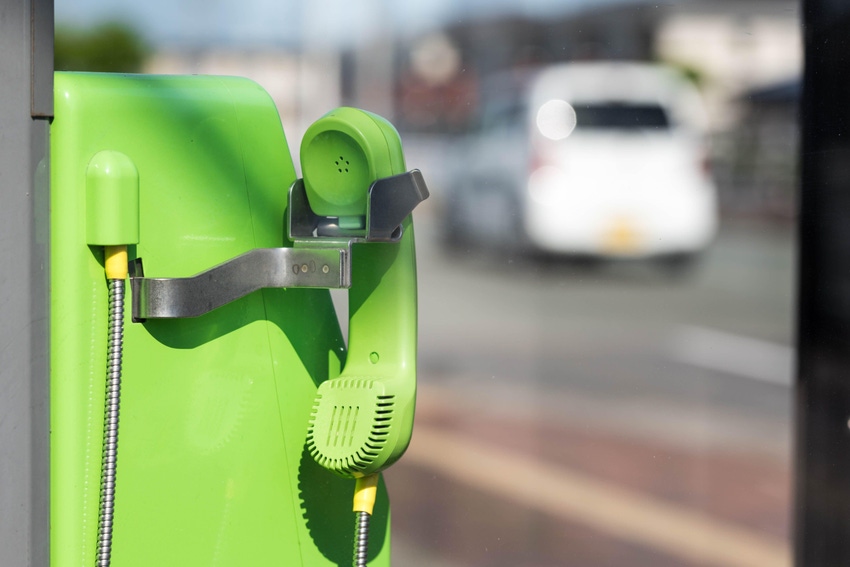2023 in review: Everything's gone green
Telcos have continued their arduous and at times meandering march towards net zero in what is to become the hottest year ever recorded. But a lot more needs to be done.

In what is set to become the hottest recorded year on planet Earth ever, telcos have continued their efforts to reduce CO2 emissions and embrace new opportunities in green economy.
In what could be called the low-hanging fruit of emissions reductions, European telcos have continued to work on shutting down legacy networks, namely copper lines, 2G and 3G. Virgin Media O2 became the last UK telco to set the deadline for retiring its 3G network, which we now know will be switched off by 2025. Across the Atlantic, major US operators have long said goodbye to 2G and 3G, but UScellular and Cellcom have only recently announced they will shortly follow suit.
So, progress is being made on reducing Scope 1 and 2 emissions, although it sometimes risks getting overstated because of the metrics used. At the same time, it is becoming increasingly clear that Scope 3 emissions – the ones that happen upstream and downstream from telcos' operations – will be a particularly tough nut to crack.
In less green news – unless you count the nauseated face emoji – an investigation by The Wall Street Journal unearthed dangerous amounts of lead in old phone lines across the US. While the telcos involved have tried to argue they have followed all the necessary procedures and that their old lines do not pose a risk, the lead has been linked to soil and water contamination.
The murky carbon footprint of data centers is, meanwhile, a more ubiquitous problem. Given the frequency with which telco executives use the word "cloud," it is a topic that will continue to be highly relevant for the telecommunications industry as a whole.
At the same time, it is becoming clear that the emerging green economy can also be an opportunity for telcos. While BT is getting involved in energy monitoring through a partnership with Johnson Energy, Finnish operator Elisa is on a mission to find customers for its software that helps monetize battery capacity at radio access network (RAN) sites.
Here's a roundup of this year's Light Reading stories focused on the environment:
9/18/2023 – BT plays it cool with Johnson energy partnership
About the Author(s)
You May Also Like












